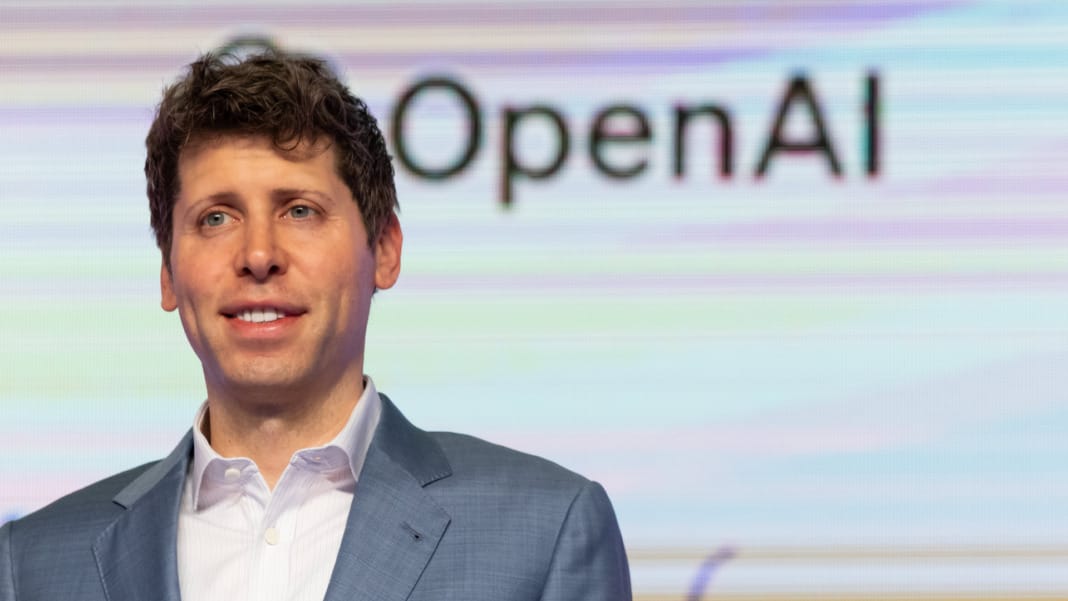OpenAI, a leader in developing AI as intelligent as a human, is facing ongoing safety concerns voiced by its employees. Despite being valued at US$80 billion, the nonprofit research lab has been under scrutiny, with employees speaking out in the press and on podcasts about safety issues. According to an anonymous source from The Washington Post, OpenAI rushed through safety tests and celebrated their product’s launch prematurely.
“They planned the launch after-party before knowing if it was safe to launch,” an anonymous employee told The Washington Post. “We failed at the process.”
Rising safety concerns
Safety issues at OpenAI are becoming more frequent. Current and former employees have signed an open letter demanding better safety and transparency practices. This comes shortly after the safety team was dissolved following the departure of cofounder Ilya Sutskever. Additionally, Jan Leike, a key OpenAI researcher, resigned, stating that “safety culture and processes have taken a backseat to shiny products” at the company.
Safety is a core principle for OpenAI. The company’s charter includes a clause that pledges to assist other organisations in advancing safety if a competitor achieves AGI (artificial general intelligence). Despite claiming dedication to solving safety problems in its complex system, OpenAI has faced criticism for prioritising other aspects over safety.
“We’re proud of our track record of providing the most capable and safest AI systems and believe in our scientific approach to addressing risk,” OpenAI spokesperson Taya Christianson said in a statement to The Verge. “Rigorous debate is critical given the significance of this technology, and we will continue to engage with governments, civil society, and other communities worldwide in service of our mission.”
The stakes are high
The stakes around safety in AI are immense. In March, a report commissioned by the US State Department highlighted that “current frontier AI development poses urgent and growing risks to national security.” The report compared the potentially destabilising effects of advanced AI and AGI to introducing nuclear weapons.
The recent controversies at OpenAI followed the boardroom coup last year that briefly ousted CEO Sam Altman. The board cited a failure to be “consistently candid in his communications” as the reason for his removal, leading to an investigation that did little to reassure the staff.
OpenAI spokesperson Lindsey Held told the Post that the GPT-4o launch “didn’t cut corners” on safety. However, another unnamed company representative admitted that the safety review timeline was compressed to a week. “We are rethinking our whole way of doing it,” the anonymous representative told the Post. “This was just not the best way to do it.”
Attempts to address safety concerns
OpenAI has made several announcements addressing safety concerns in response to the rolling controversies. This week, the company announced a partnership with Los Alamos National Laboratory to explore how advanced AI models, such as GPT-4o, can safely aid in scientific research. The announcement emphasised Los Alamos’s strong safety record. Additionally, an anonymous spokesperson told Bloomberg that OpenAI has created an internal scale to track the progress of its large language models towards achieving AGI.
Despite these efforts, OpenAI’s safety-focused announcements seem like defensive measures in the face of growing criticism. It’s clear that OpenAI is under pressure, but public relations efforts alone will not suffice to safeguard society. If OpenAI continues to develop AI without strict safety protocols, as claimed by those within the company, the potential impact on people beyond the Silicon Valley bubble is significant. The average person has no say in the development of privatised AGI, yet their protection from OpenAI’s creations is at stake.
“AI tools can be revolutionary,” FTC chair Lina Khan told Bloomberg in November. However, she expressed concerns that “a relatively small number of companies control the critical inputs of these tools.”
If the numerous claims against OpenAI’s safety protocols are accurate, it raises serious questions about its fitness to steward AGI, a role the organisation has essentially assigned itself. Allowing one group in San Francisco to control potentially society-altering technology is cause for concern, and there is an urgent demand for transparency and safety, even within OpenAI’s ranks.





